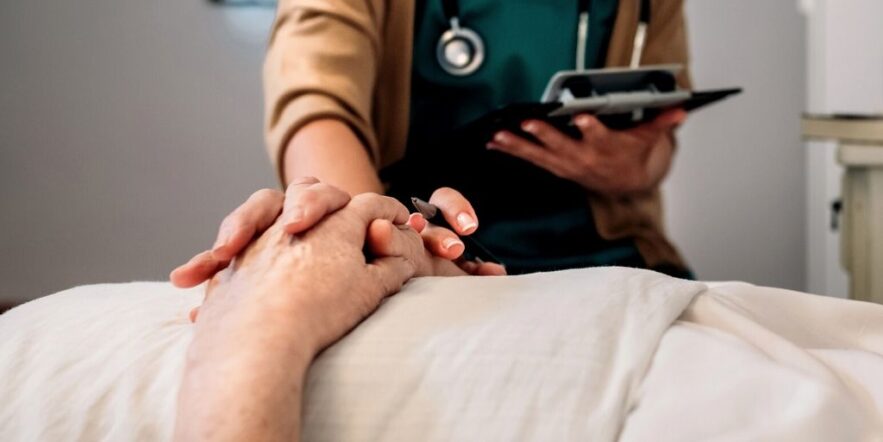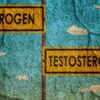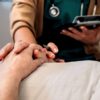Have we become afraid of death? Were people a millennium or two ago less afraid? What is worse: to die or to take untested drugs that hurt me before I die anyway?
Somewhere about 2,400 years ago Hippocrates laid down the first rule of medicine, Do No Harm (ironically taken from his writing, “Of the Epidemics”). It was a clear directive to allow a patient to die rather than make attempts with unknown medicine that could hurt the patient.
“Do No Harm” was an acknowledgment that the understanding of medicine, herbs and how they interact in the body was uncertain at the time. More than 2000 years later it still is. Sometimes medicine works, sometimes not. Sometimes a doctor knows what to do based on studies and experience, sometimes not. And in the cases where the physician does not know what to do, Hippocrates fell on the side that death was not the worst thing that could happen to a patient. Being tortured and then dying or being cured but left disabled or damaged was worse.
Death. Today we will do anything to delay its inevitable finality. I include myself in this group.
During the coronavirus pandemic, very sick people are being dosed with drugs that doctors guess might work and know are not safe. I wonder, is that ethical? How did we get to the point that saving a life, at any cost, is the priority? Did the patient choose this very slim chance at continuing life?
The medical community works on the assumption that a dying person has nothing to lose in an attempt to stay alive, even if the likelihood that it will only be for a very short, painful while.
Bad assumption. A recent study of hydroxychloroquine showed more patients recovered if they didn’t take the drug. Other studies contradict this conclusion, but the warning is clear. The untested drug might stop a person from getting better and can actually speed a patient’s death. Of course, it could save a life. It’s a small chance but it’s a chance.
A dying person might be saved by an untested medicine only to die of an adverse event caused by the drug — like a heart attack (hydroxychloroquine), liver damage (antivirals) or infections leading to death (some of the rheumatoid arthritis drugs). Saved from a disease to be killed by the cure. (For more, see MedShadow’s Coronavirus Treatment: Does it already exist?).
A dying person might not die. Many a person has received last rites and lived to tell about it. The course of COVID and the internal battle raging between the immune system and the disease have not been seen before. Doctors don’t have experience with the course of COVID-19. They don’t know when COVID loses its power. Until the last breath, it could change.
A dying person has the right to die with dignity. To die with awareness and a chance to make peace, even if only with him or herself.
Let me be clear — I am not comfortable with death. I’m in denial that I’m even aging. I am not ready for death and believe that I will fight it fiercely if it comes today. And so I wonder about myself and the choices I will make someday. Will I be strong enough to say, no, I don’t want that last chance drug? No, don’t morphine me to the point I can’t say goodbye to my beloved family and friends? Can I acknowledge that death comes to us all and at some point, it will come for me? Or will fear drive me to make deals that compromise any chance of quality of life in order to gain a few more months, or days, racked with pain or drugged into senselessness?
When confronted with “what do you have to lose?” it’s time to stop and remember, what is it that you value?






